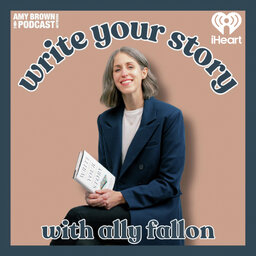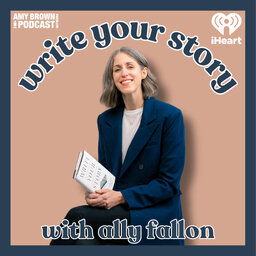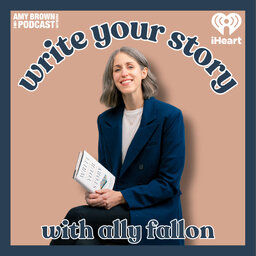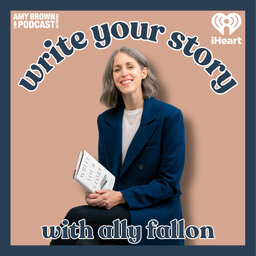Finding the Resolution to Your Story (The All Is Lost Moment)
Your hero is rounding the corner on their journey, but a sinking feeling sets in – what if they doesn’t reach their resolution after all? We assume a story has ended in tragedy when in fact the story has not ended at all. We are sitting in our all is lost moment and we haven’t yet experienced or written the resolution. On this week’s episode, I talk about how to find the resolution to your story.
 Write Your Story with Ally Fallon
Write Your Story with Ally Fallon


